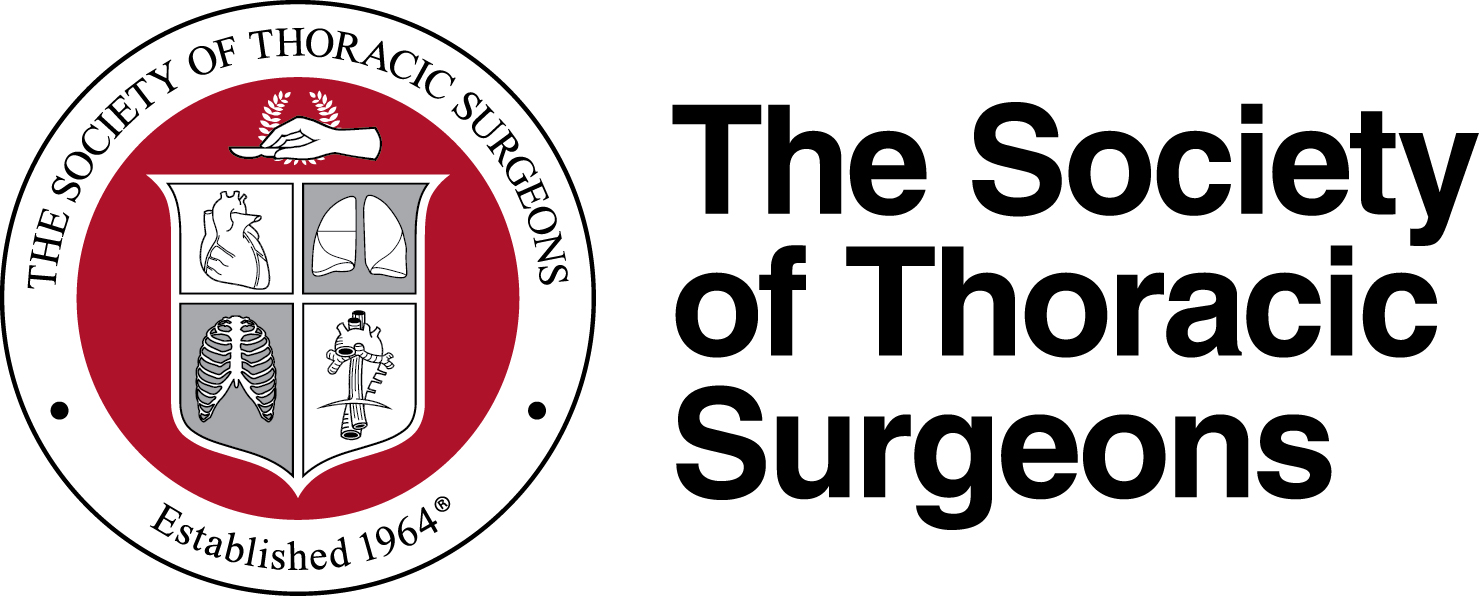Newswise — Chicago – Continuing its commitment to increase public awareness and understanding of cardiothoracic surgical outcomes, The Society of Thoracic Surgeons (STS) has released the first publicly accessible national report of surgical outcomes from its Congenital Heart Surgery Database (CHSD). The CHSD is a component of the world-renowned STS National Database, which is widely considered the gold standard for a medical specialty clinical outcomes database. Public reporting results are available at www.sts.org/publicreporting.
“The public reporting of these results represents something entirely new, in that this is the first time ever that pediatric and congenital heart surgery outcomes in the United States have been made available to the public on a national level,” said Jeffrey P. Jacobs, MD, Chair of the STS Public Reporting Task Force and Professor of Surgery at The Johns Hopkins University. “STS has always been a strong advocate of transparency within the specialty. We believe that our patients and their families have the right to know the outcomes of cardiothoracic surgery procedures so that they can make well-informed decisions.”
The CHSD is the largest database in North America focused exclusively on pediatric and congenital cardiac malformations; more than 95% of hospitals in the United States that perform pediatric heart surgery submit surgical data.
For the first round of STS Public Reporting Online from the CHSD, 25 sites (22.7%) participated, which closely resembles the level of participation in the first round of public reporting from the STS Adult Cardiac Surgery Database (ACSD) that began 5 years ago. ACSD participation is now at 42.7% (453 sites).
For the CHSD participants who volunteered to publicly report, STS released 4-year observed, expected, and risk-adjusted center-level operative mortality rates for the aggregate of all patients, as well as for patients stratified on the basis of the five STAT Mortality Categories (surgical procedures grouped by complexity). Outcomes have been risk-adjusted to take into account procedural complexity and individual patient factors such as age, weight, non-cardiac abnormalities (including chromosomal abnormalities), previous surgeries, preoperative co-morbidities, and other medical conditions that could affect results.
“Reporting hospital surgical outcomes using risk-adjusted analysis is extremely important because it allows for a fair assessment, on a level playing field, of outcomes across hospitals that treat different populations of patients,” said Marshall L. Jacobs, MD, Chair of the STS CHSD Task Force. “As pediatric and congenital cardiac surgeons, we perform operations on patients born with a wide variety of heart defects of varying complexity, and many patients have additional risk factors. Adjusting for these risk factors allows us to better understand reported mortality rates, especially for centers that operate on the most challenging patients.”
Unlike ACSD public reporting, which includes a star-ratings system to report hospital outcomes, star ratings are not currently reported for the CHSD. Star ratings, based on a hospital’s overall risk-adjusted observed-to-expected operative mortality ratio, will be added to the summer 2015 release.
“Public access to outcomes data for adult heart surgery and now pediatric and congenital heart surgery is at an unprecedented level and will continue to increase,” said Dr. Jeffrey Jacobs. “Next year, we plan to add public reporting for STS General Thoracic Surgery Database participants, starting with outcomes for lobectomy in cancer patients.”
To access the CHSD outcomes directly, visit www.sts.org/congenital-public-reporting-module-search.
###
For more information on STS Public Reporting Online or the STS National Database, contact Cassie McNulty at 312-202-5865 or [email protected].
Founded in 1964, The Society of Thoracic Surgeons is a not-for-profit organization representing more than 6,900 cardiothoracic surgeons, researchers, and allied health care professionals worldwide who are dedicated to ensuring the best possible outcomes for surgeries of the heart, lung, and esophagus, as well as other surgical procedures within the chest. The Society’s mission is to enhance the ability of cardiothoracic surgeons to provide the highest quality patient care through education, research, and advocacy.
About STS Public Reporting Launched in late 2010, the STS Public Reporting initiative started with Adult Cardiac Surgery Database participants voluntarily reporting to the public their heart bypass surgery performance. Since that time, ACSD reporting has evolved to include coronary artery bypass grafting (CABG) surgery, aortic valve replacement (AVR), and AVR with CABG. Public reporting from the Congenital Heart Surgery Database was added in 2015, and the General Thoracic Database will begin in early 2016.
About The STS National Database The STS National Database was established in 1989 as an initiative for quality improvement and patient safety among cardiothoracic surgeons. There are three components to the STS National Database, each focusing on a different area of cardiothoracic surgery—Adult Cardiac, General Thoracic, and Congenital Heart Surgery, with the availability of anesthesiology participation within the Adult Cardiac Surgery Database and the Congenital Heart Surgery Database.
The Adult Cardiac Surgery Database now contains more than 5.5 million cardiac surgery procedure records and currently has more than 3,300 participating physicians, including surgeons and anesthesiologists representing more than 90% of all adult cardiac surgery centers across the U.S. Launched in 2002, the Congenital Heart Surgery Database contains more than 330,000 congenital heart surgery procedure records and currently has more than 740 participating physicians, including surgeons and anesthesiologists.
